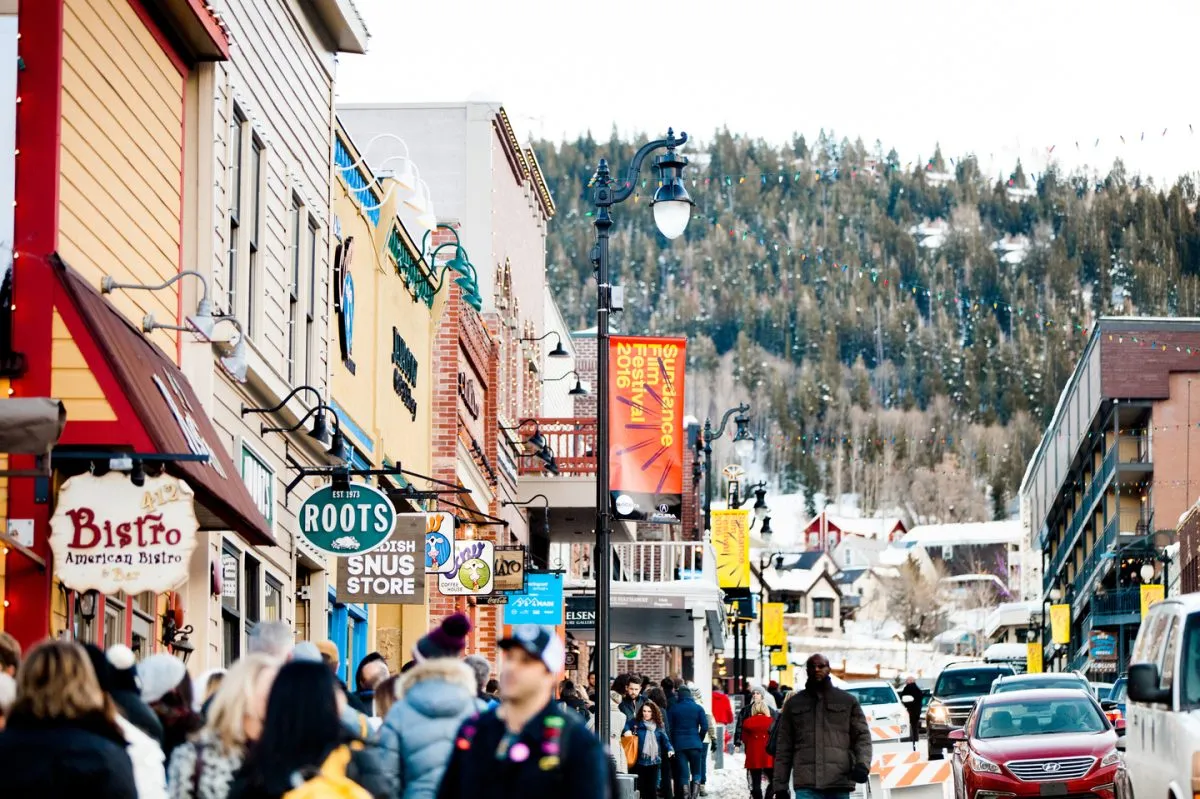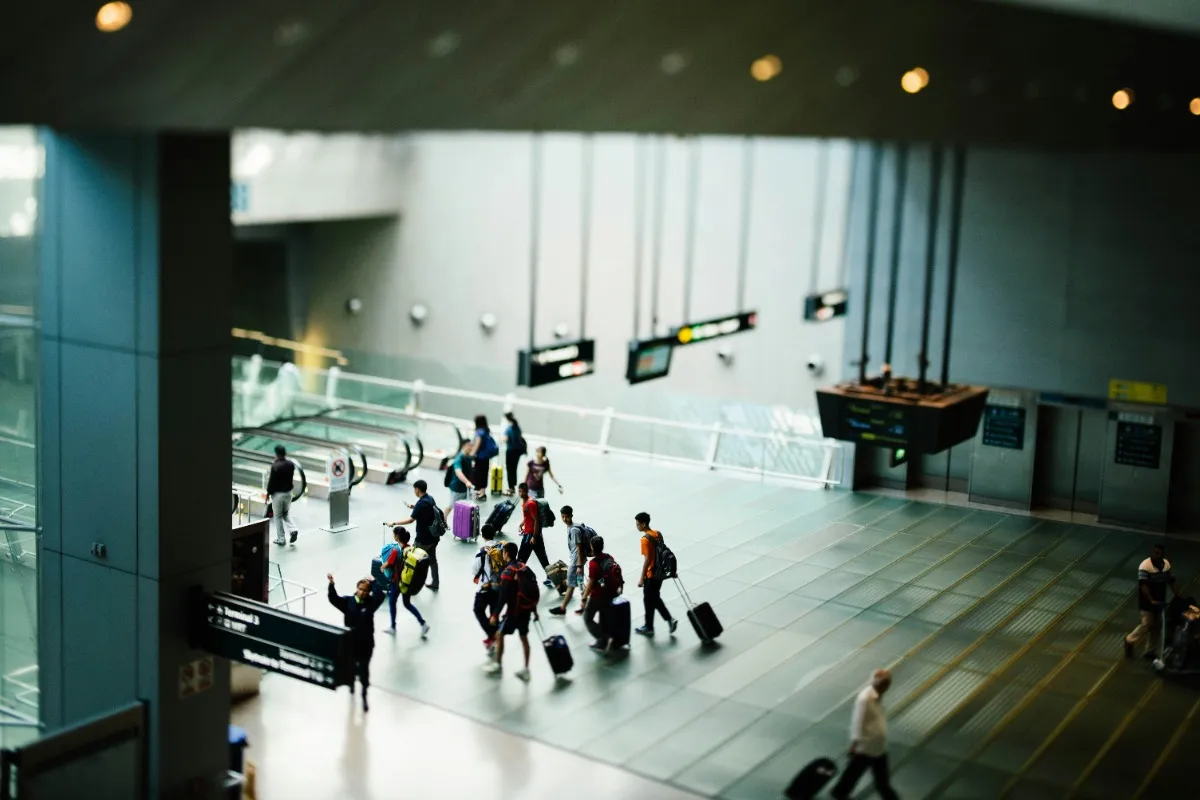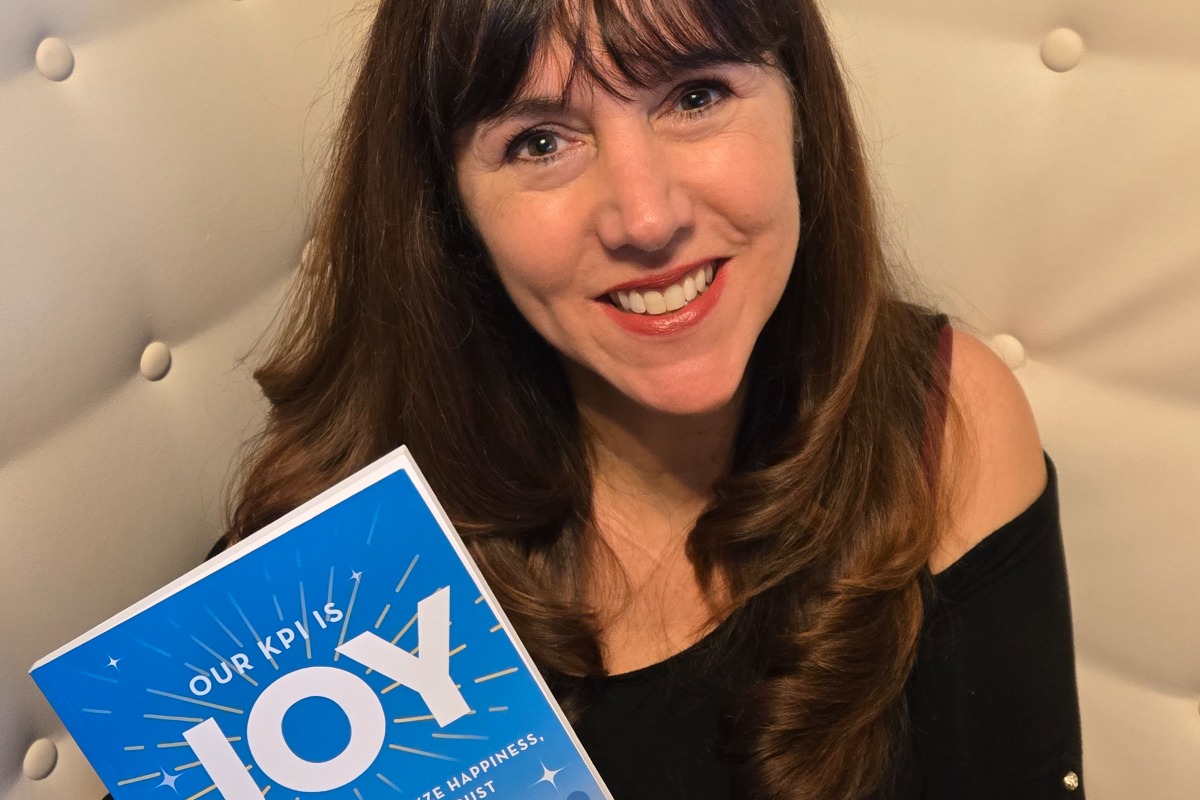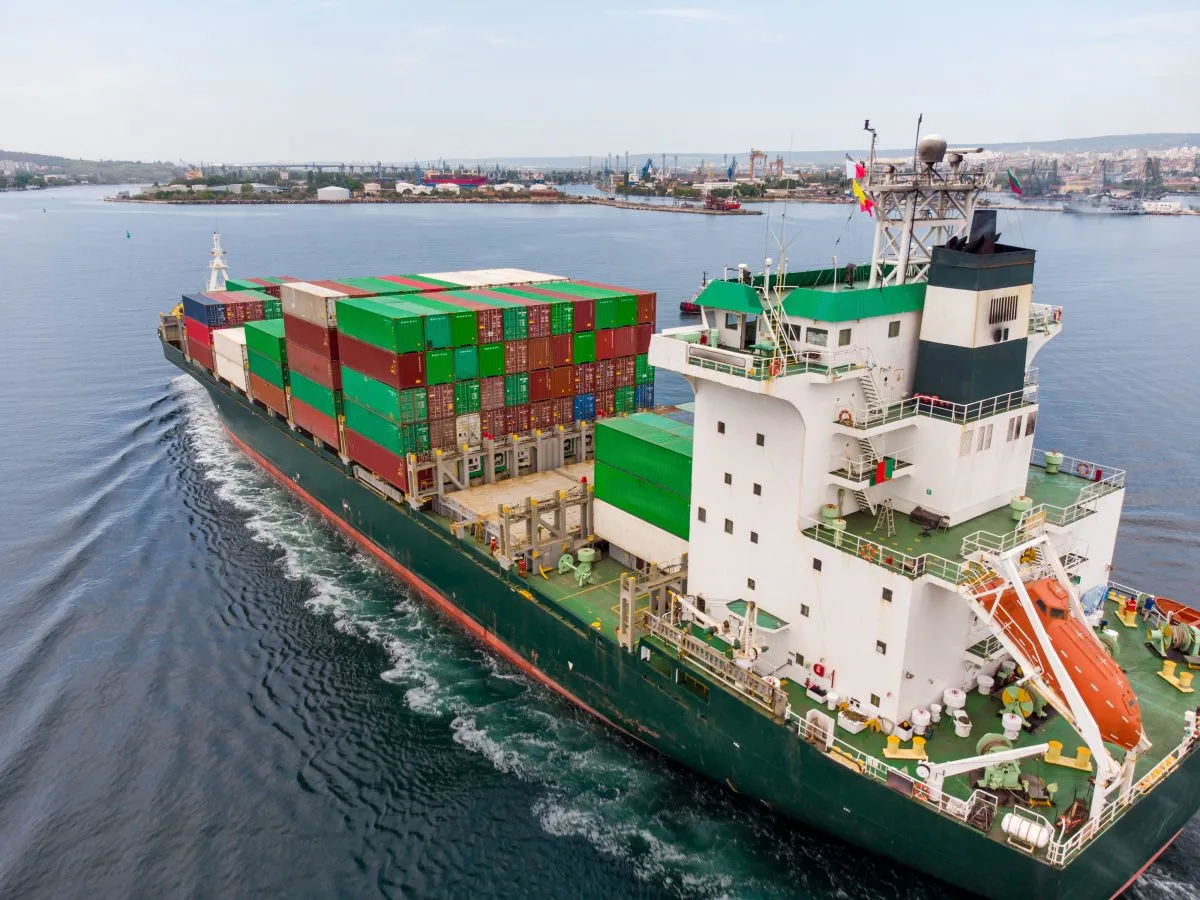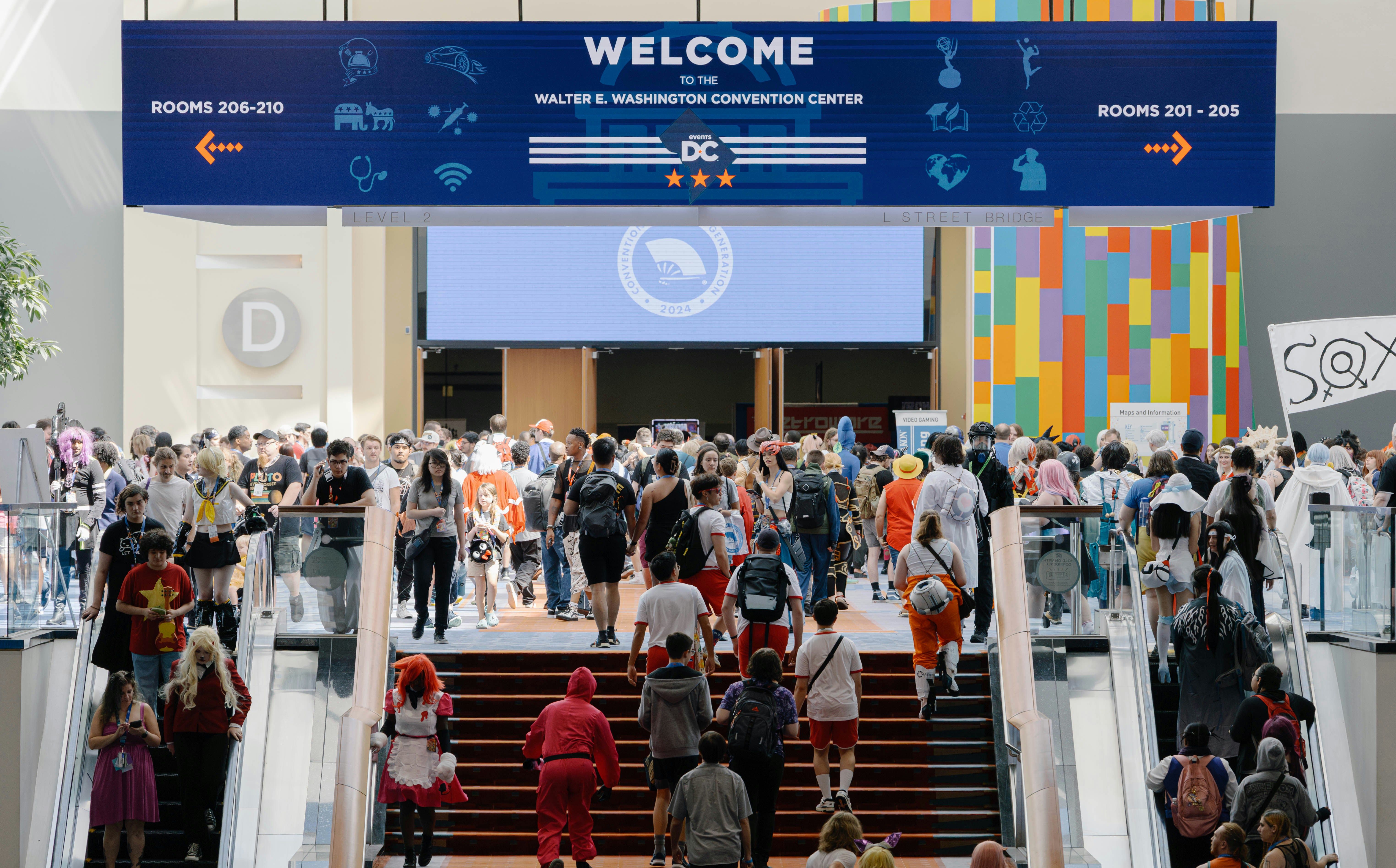7 Reasons Your Events Need Better SEO (and How to Improve It)

Think SEO isn’t sexy? Think again. Arguably, there is nothing more seductive to event planners than the successful launch and online elation surrounding their events. Good SEO can do that for them. Here is what you need to know.
Search Engine Optimization (SEO) doesn’t often get as much attention as social media does when it comes to event planning. There’s a simple reason for that. Most people equate SEO with improving a site’s ranking on Google search and see it as a longer term strategy than social media “quick wins”. But “search” is vital to the success of your event. Understanding how your audience searches for events like the one you are planning is a critical piece of the puzzle. Here are 7 reasons why your events need better SEO and how to improve it.
-
You Want Your Event To Be Found
You should make it easier for your ideal audience to find your event online – whether they’ve heard of your event or not.
Trying to manipulate search-engine rankings is a loser’s game that can land you in more trouble than you would ever want (see Reason #3 below). Instead, you should make your site look and respond as good as possible for the search engine robots that will be crawling it.
Are your headlines using header tags?
Header tags use <h1> codes. If your headers are made by highlighting text, increasing the text size and bolding, then you probably want to take a deeper look into this.
Does your anchor text give context for the link it’s taking you to?
Anchor text is the text that is highlighted in a link. You want it to explain what you are linking to and not use a generic and potentially spammy sounding, “click here.”
You want people to find your event when looking for events like yours, right? If so, investing time on your site’s SEO optimization is time well spent. Check out free tools like the Anchor Text Over Optimization Tool (free), Content Strategy Generator Tool (free), and the Frobee Robots.txt Checker (free) for checklists of ways to improve your site’s SEO.
-
People Don’t Just Use Google to Find Things
Social media channels are search engines too. Event planners should look beyond traditional search engines, like Google, for SEO strategy. Social search engines should be part of their plan, too.
When searching for an event or brand on Facebook, Twitter, Instagram, and other social media platforms, it’s not uncommon to see several different account profiles displayed. It’s not always clear which one is the right one. You need to ensure that it’s super simple for your audience to identify the correct official social profiles.
This may mean deleting duplicate accounts and/or clearly labeling each social account so that users understand what purpose they serve (for example, “ACME Events” vs. “ACME Association”).
In addition, having a consistently branded, high quality, on-point social media presence could potentially help your search ranking by providing “social proof” (legitimacy) to your site. Add to that, the increasing number of social media accounts and content showing up in search results and it seems ridiculous to ignore the role social media can play in increasing your reach to a wider audience.
-
Past SEO Transgressions Could Hurt You
Your poor SEO habits could unintentionally help you bury your website in search. Things have changed dramatically in the SEO world in the last few years. There was a time when Google didn’t penalize people for making mistakes, but those days are past.
Now, Google can and will withhold benefits and reduce your ranking or even make your site disappear if it finds evidence of old “black hat” SEO practices. Even if you haven’t made a big enough mistake to get your website blacklisted, you can still see your search engine results drop overnight if you do something wrong, potentially by dozens of pages.
Keyword stuffing, using unscrupulous “paid” link building sites, and copy and pasting duplicate content on multiple websites can get you into trouble. If you are unfamiliar with SEO or if your only knowledge of SEO comes from tactics you learned in 2008, you could accidentally cause your site to be penalized in search results because of some of these outdated methods.
-
Enable People to Share Your Event With Others
Your existing event audience does not want to hunt for your event website. Have you ever been out to dinner with friends and thought of an event you wanted to tell them about, but couldn’t find it with a quick search on your phone? You type in a few of the words you think you remember, but they turn up nothing on the first page, or the second, or the third. You end up searching your inbox for past messages from the event organizers to come up with the name. Or you end up giving up completely. Either way, you’re annoyed and less likely to convince your dinner companions they should attend.
Make it easy for your fans to tell others about your event. You can start by making it easier for them to find and share your event information and website.
-
Your Event Site Could Provide Fresh, Valuable Content That Can Help Boost a Brand’s Ranking
Your event should help build traffic or site legitimacy for your brand, cause, or company.
When optimizing your content, consider the variety of search engines that exist online. Where you choose to focus your optimization efforts will depend on your goals, but posting fresh, high quality content regularly is the best way to reach more people using search.
Consider the way the event site content, links, and keywords all work together to provide a better experience for your ideal audience. Are you linking back to an umbrella site? Consider your SEO strategy holistically and see how the event website could provide even more value to the overall brand.
For example, are you using video content on your meeting website? Then your video content should be optimized for SEO. YouTube is the number one search engine for video in the world and the second most popular search engine overall. Using keywords in video titles (toward the front of the title, if possible), developing the video descriptions (including a link back to the your site or landing page), and exploring annotations or YouTube cards can help videos to rank higher in search. By optimizing your video content for search, you can continue to expand your event’s reach for your event, which will also amplify your brand.
-
Good SEO Means Understanding Your Audience and Their Needs
Knowing and using the right keywords will help you in ways beyond SEO for your event.
Understanding the keywords your event’s audience personas would use to search for your event will help you to better optimize your content, headings, anchor text, and more; so that you will be able to communicate with them more effectively. You can try Google AdWords tool (free) or test some of Moz’s tools, like the Keyword Explorer (with pro account, but Moz offers a free trial), to create a solid keyword list.
Long Tail Search Terms
Don’t forget to use “long-tail keywords” to reach a more targeted audience. While shorter keywords (e.g., “marketing conference”) are more popular search terms, the competition for rankings can be overwhelming and ROI can be low. Long-tail keywords can help you attract exactly the audience you want for your meeting, and that audience will be far closer to helping you achieve your goals for the meeting.
Creating long-tail keywords asks for you to think a little further down the lead funnel, imagining the terms your ideal attendee would use to find a meeting like yours. So, instead of using the more generic “marketing conference” keyword, you might try “D2C marketing conference in 2017.” Stuck? You can start finding good ideas for long-tail keywords using a tool like the WordStream Keyword Tool (free).
-
Consider Accessibility for Greater Reach
Good SEO will also help individuals in your desired audience limited in their digital activities by a disability to find your event. How are you making your event more accessible to your potential audience with disabilities? A nice side effect of optimizing your website for search is that much of that work overlaps with efforts to improve accessibility.
For example, alternative texts, or alt texts, were developed to provide a text alternative to users unable to see an image. Search engines can’t exactly ‘see’ images, either. They use the alternative text to understand what the image is showing and what its function is. By updating the alt text to describe the contents of an image, you improve the experience for your users who are visually impaired and you also improve your SEO. For all your event site’s images, you should make sure to include important keywords when it makes sense in the context of the image.
Search engines (and visually impaired users) are also unable to ‘see’ video. Therefore, it is a good practice to make a transcript of the content (or offer screen captioning) so that screen readers and search engines can read the text and thereby make it available for search engines.
In Conclusion
There are several ways you can improve your event’s SEO, and many reasons why you should. SEO allows event planners the ability to communicate with the people they want to reach the most. It’s your responsibility to make the most of your opportunities and to grow. If you are creative, proactive, and smart about your approaches to SEO, you can open up yourself to new possibilities and maybe even increase your bottom line while we’re at it.
